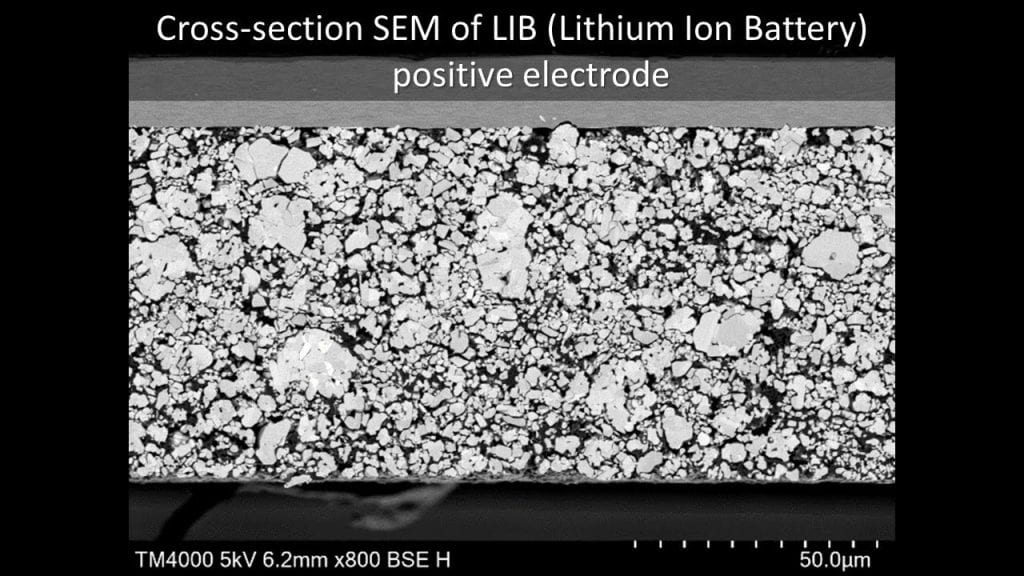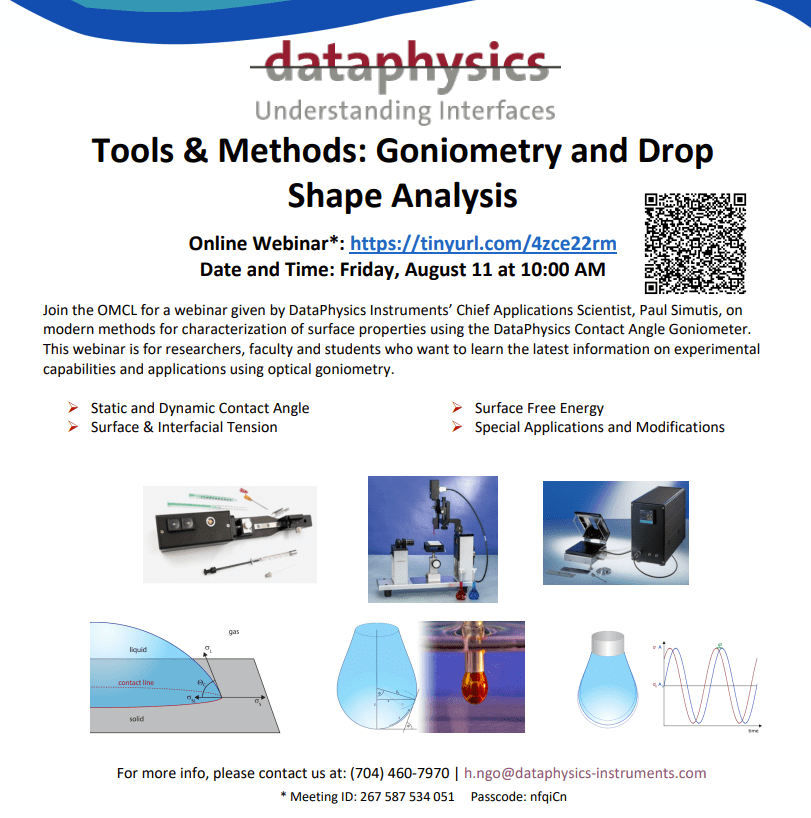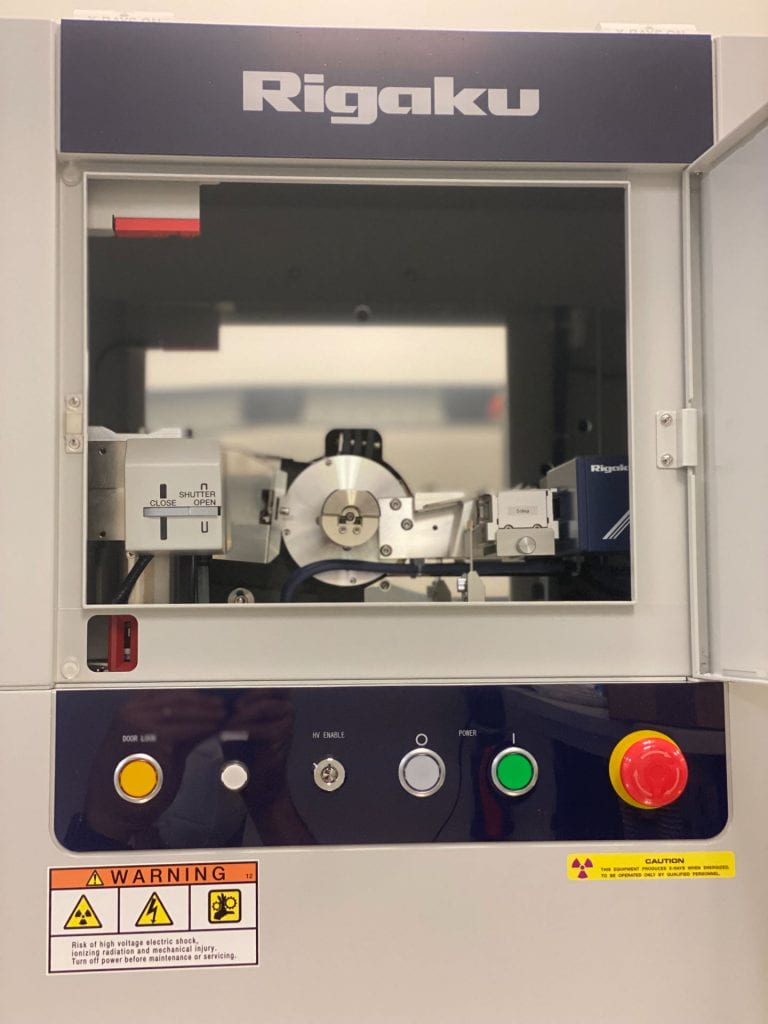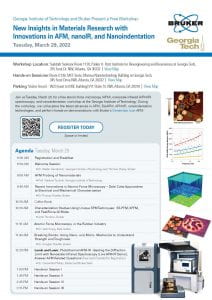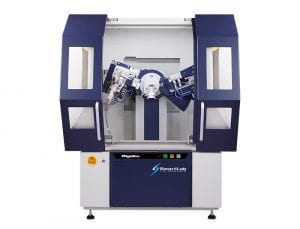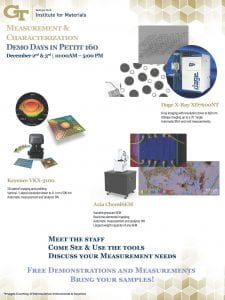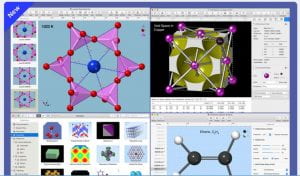 Rigaku will be hosting a virtual conference on XRD and XRF this week that is free to register here!
Rigaku will be hosting a virtual conference on XRD and XRF this week that is free to register here!
Due to the COVID-19 induced cancellations of the Microscopy & MicroAnalysis, Denver X-ray, and American Crystallographic Association physical conferences this summer, Rigaku will be live webcasting a 3-day virtual Analytical X-ray Convention from our laboratory facility in Texas. The webcasts will take place Tuesday 8/4 – Thursday 8/6 and will feature live seminars on X-ray techniques and live instrument demonstrations.
Enjoy the presentations on Channel 1 (XRD), Channel 2 (XRF) and Channel 3 (X-ray Microscopy), and make sure to stop by our Concierge Booth on Channel 4 to say hello, live video chat, and participate in some fun events. We will be announcing upcoming Channel 4 events on the channel itself and via our Rigaku twitter feed (@rigaku, hashtag #RAXC2020), which you can view see on the right to keep up to date with what is going on.
Check the starting times for each day in the program, as different channels have different starting times. All four channels will be broadcast simultaneously and you can move among the four booths using the channel links.
Note that the three guest presentations—to be given by Rigaku sponsors—will all take place on channel 3. This has been updated on the program schedule.
